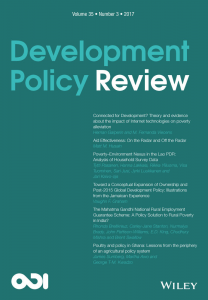Engaging Sociologically with Students’ Facebook Usage
It’s the middle of class. Looking out into the classroom, a dim light reflects on students’ faces as they stare or type into the devices in front of them. Walking up and down the aisles, blue-tinted Facebook pages on the students’ screens are usually the source of the reflected light.
While such students might seem withdrawn from the class, this familiar scene holds a potential goldmine of sociological exploration and examples.
If these students are already intently interested in, or “studying” the profiles and usage of their friends and themselves, why not engage them to do so via in-class assignments and beyond? The setting seems ripe for investigation on topics like presentation of self, production of identities, symbolic boundaries, and social interaction of all sorts.
Some sociology departments anchor courses in such investigations. According the article “College Offers Facebook Sociology Course,” Nell Vidyarthi explains,
As a student, I was always amazed by the abilities of students to simultaneously “pay attention” and browse Facebook, but a new course from Bowdoin College in Maine brings Facebook into the course load. Entitled “In the Facebook Age”, the course analyzes sociological concepts and applies them to the emerging phenomena of Facebook and other social networks. The course itself is fluid, and its material responds to the changes that occur every day in the social sphere.
Other sociology courses could find ways to weave their themes and concepts into things that could be analyzed by using Facebook (as long as bias and investigation are incorporated into such assignments or discussions). With the many facets and pieces of information we all provide for each other via Facebook and the time our students already spend interacting through it, it seems absurd not to engage them to sociologically utilize the time they spend there.
In what ways do you or others engage sociologically with students’ Facebook usage?






1475-6781/asset/JSS.gif?v=1&s=377bb8e0c3d0fcf201f301ded7cf610142072c3e)

Teaching a Science, Technology and Society course, I’ve found that there are a lot of ways that students can come to grips with sociological concepts using new social media as an example. As Amber Case pointed out in a TED lecture (that my students watched) it’s a key example of “frontstage/backstage” performance. Incorporating that into the class has been challenging but also fun, and I think the students appreciate that we’re talking about complex ideas in reference to things they are very familiar with. Beyond that, it’s a fantastic example of Cyborg life, a way of studing the shifts in social movement organization (#OWS and the Arab Spring), and a good way of discussing the panopticon. However, it’s tricky, when they’re undertaking research, to assess their sources, as there’s not a reliable way of verifying and citing aside from making them save screen captures of each post they reference, which might violate confidentiality.
Any ideas about how to incorporate Facebook as a reliable source for undergraduate research would be appreciated.